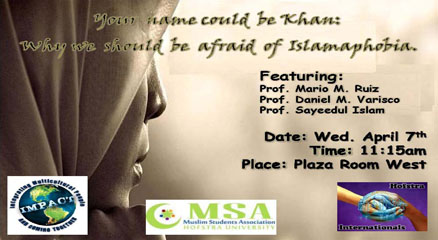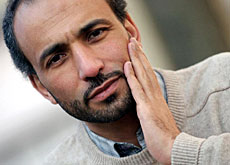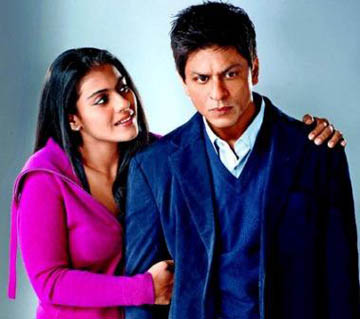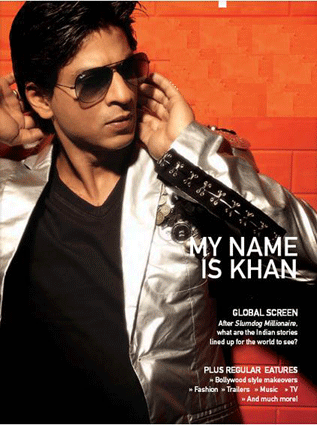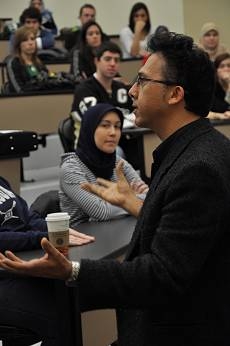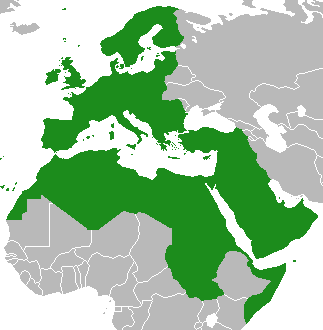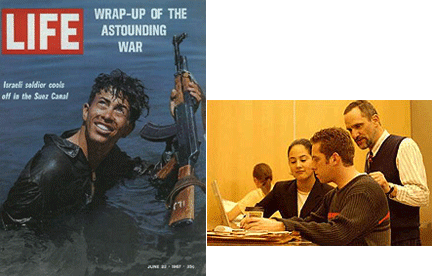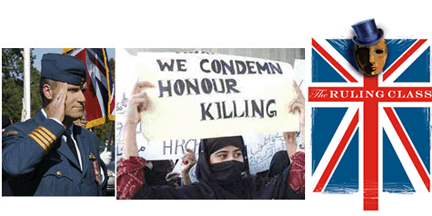
At the start of one of my all-time favorite movies, The Ruling Class, actor Harry Andrews as the 13th earl of Gurney returns to his well-groomed estate to relax after a long day of waxing conservative in the House of Lords. While this film should be required viewing for the current British parliamentary campaign, my interest is in the way this revered judge and former soldier relaxes: by dressing in a ballet skirt and jumping off a stool with a silk noose around his neck. Last Friday the New York Times carried a story about Col. David Russell Williams, a Canadian commander of a major air base in the Afghanistan war. He is described as “once among Canada’s most successful military officers,” the automatic pilot for visiting dignitaries, including Prime Minister Harper. Why “once”? Because the colonel on the battlefront against those honor-killing Taliban appears to be a “serial sexual predator.”
Ottawa police arrested Colonel Williams last February in connection with two murders of women, two sexual assaults and numerous break-ins in the Ottawa area “most of which involved lurid sexual details.” Continue reading On Colonels, pantyhose and honor killings
